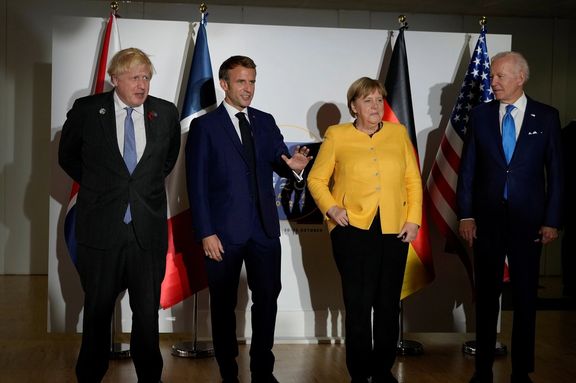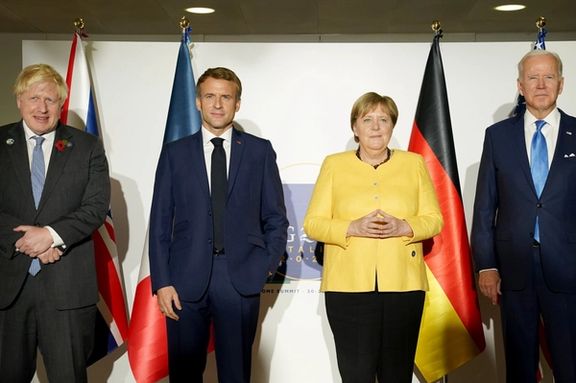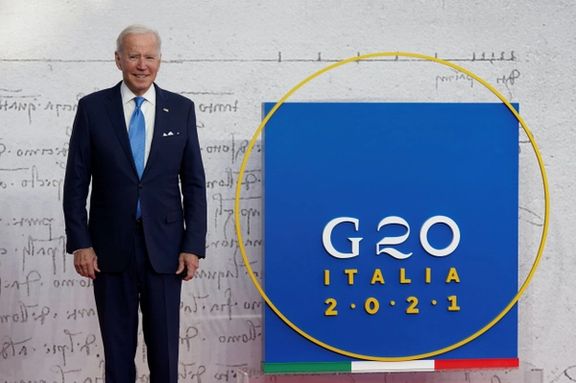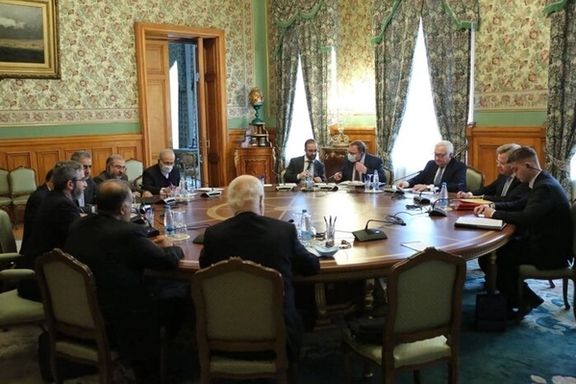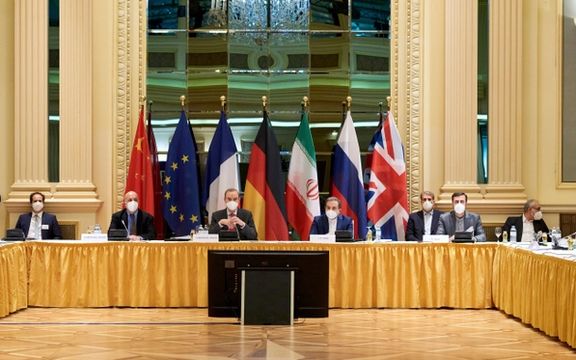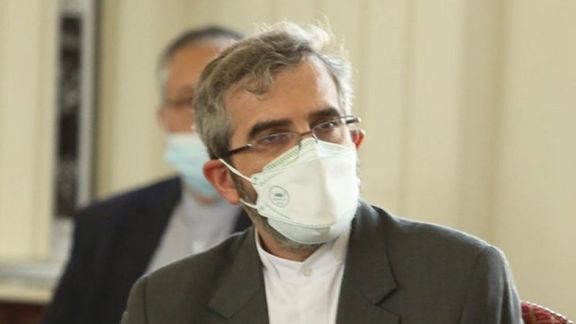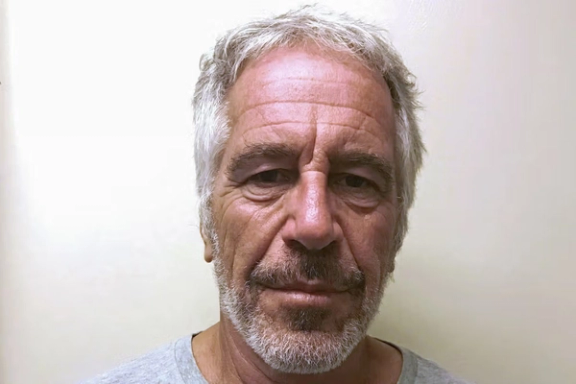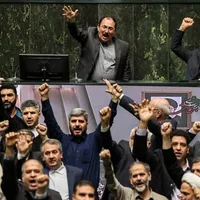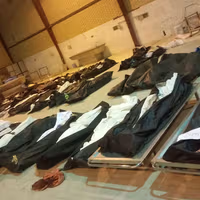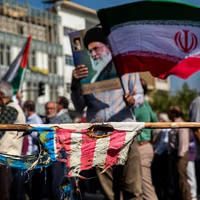Ali Bagheri Kani, who is also deputy foreign minister, met with his Russian counterpart Sergei Ryabkov in Moscow on Friday, where they discussed the Iran nuclear talks with the United States and the remaining members of the 2015 nuclear agreement, the JCPOA.
Iran’s official government news website IRNA quoted the two diplomats as saying after their meeting that “The new talks will only be successful if they lead to the removal of sanctions and the full implementation by the parties of their commitments.”
Bagheri Kani was quoted earlier as saying that Iran is negotiating with 4+1, which are three European members of the JCPOA, Russia and China, while the nuclear talks earlier this year in Vienna also included the United States on the sidelines negotiating indirectly.
Bagheri had also emphasized that Iran will carry on discussions on bilateral basis with 4+1. There are also reports that Iran is willing to meet with the remaining members of JCPOA collectively, but intentionally or not, Iranian statements seem to be often different from one another.
At the same time, Iran’s Foreign Minister Hossein Amir-Abdollahian demanded on Wednesday that the US must show “goodwill” and release $10 billion of Iran’s frozen funds to help advance the talks, while Bagheri who met with the EU negotiator Enrique Mora in Brussels on Wednesday said the Vienna talks will resume by the end of November.
Asked in Moscow on Thursday if there is a more concrete date, Bagheri said, “What is more important in the new round of negotiations is the readiness of the other side to make serious decisions about lifting sanctions.”
On Friday Bagheri was quoted as saying that the United Kingdom, France and Germany “also need to live up to their commitments [under JCPOA] and work to remove the illegal sanctions.”
It is not clear if Tehran is demanding the lifting of US sanctions before a new agreement on reviving the JCPOA is reached, but it seems it is demanding something beyond what has already been agreed in Vienna.
Iran could be trying a number of strategies. First, it might be trying to buy time, believing that with is rapid enrichment of uranium it can gain more leverage in the talks. Or, it can be trying to extract more concessions on the removal of US sanctions. Any new concession by the United States now can relieve pressure on Iran which has to make its own concessions.
Iranian state network Press TV reporting on the Moscow meeting said, “The scope of the sanctions removal and the need for the US to guarantee that it would not ditch the JCPOA again are among the key issues not settled during the administration of former Iranian President Hassan Rouhani.”
If Tehran can get support from the other world powers on the issue of sanctions, it can hope to isolate the United States.
Bagheri also emphasized in Moscow that Russia and China "share common views on regional and international issues [with Iran], including the nuclear agreement, officially called the Joint Comprehensive Plan of Action (JCPOA)."
President Joe Biden will discuss Iran with the leaders of the UK, Germany and France on the sidelines of the G20 meeting this weekend, National Security Advisor Jake Sullivan said on Thursday. He emphasized that Biden’s aim is to coordinate the Western position in the nuclear talks.
This cannot come too soon for the United States as Iran delays multilateral negotiations and tries to build up leverage.
